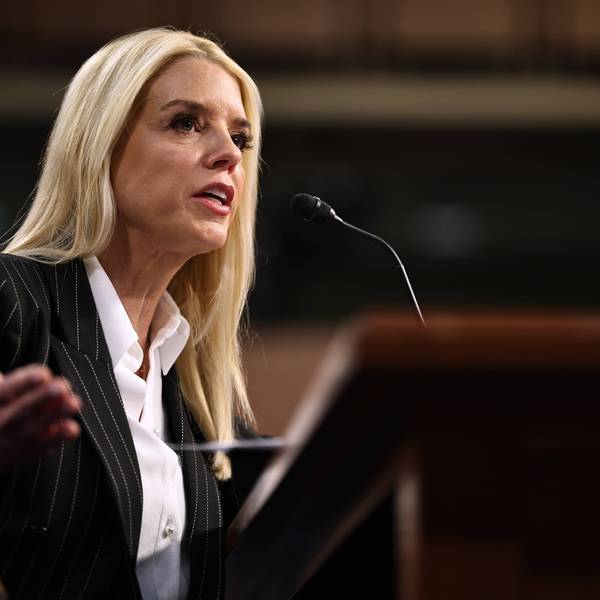Imagine that you were just assaulted and needed emergency assistance from the police. But instead of responding with care and concern, the police reacted with hostility, shamed you for seeking help, and expressed disinterest in your safety or in investigating your case. This is too often the reality for the too many victims of sexual assault and domestic violence every year in the United States.
When discriminatory attitudes negatively affect the response that survivors receive from police, most survivors stop reaching out to the police for help altogether.
A new report by the ACLU and scholars from the University of Miami School of Law and CUNY School of Law exposes the widespread discrimination that survivors of these crimes face when dealing with law enforcement. We surveyed over 900 advocates, service providers, and attorneys who work with survivors of sexual assault and domestic violence from across the country about their concerns regarding policing and recommendations for improvement. Responses from the Field: Sexual Assault, Domestic Violence, and Policing describe what they shared with us. We presented our findings at the White House Domestic Violence Awareness Month Roundtable this month.
Advocates identified police inaction, hostility, and bias against survivors as a key barrier to seeking criminal justice intervention. Eighty-eight percent said that police sometimes or often do not believe victims or blame victims for the violence. Survivors also commonly experienced bias based on gender, race, immigration status, sexual orientation, gender identity, socio-economic status, disability, and other identity characteristics. Many of these concerns are magnified within communities already entrenched in problematic policing practices. Over 80 percent of respondents believed that police relations with marginalized communities influenced survivors' willingness to call the police.
Police involvement can also trigger collateral consequences that make survivors think twice about reaching out for help. Nearly 90 percent of survey respondents said that contact with the police sometimes or often resulted in the involvement of child protective services, threatening survivors with loss of custody of their children. Other negative consequences named by respondents include initiation of immigration proceedings and loss of housing, employment, or welfare benefits. Some reported that victims themselves face arrest when reaching out to the police, particularly if they have a criminal record.
In addition, advocates said that many survivors' goals do not align with those of the criminal justice system or how it operates. Some survivors were looking for options other than punishment for the abuser, while others feared that once they were involved with the criminal justice system, they would lose control over the process. Still, others were reluctant to engage the system because they believed that it was complicated, lengthy, and trauma-inducing.
In spite of these challenges, community meetings between social service providers, police, and prosecutors were reported to be helpful in addressing the needs of survivors. However, 72 percent did not know whether civilian complaint boards or other types of independent, community-based police oversight mechanisms exist in their communities. The majority were unaware of the Department of Justice's ability to investigate gender-biased policing.
Advocates recommended improvements in police training, supervision, and hiring of more women and people of color. Changes in police culture must include prioritizing domestic violence and sexual assault cases and greater partnerships between police and community-based organizations that provide support to survivors.
The ACLU and over 170 national and local organizations have urged Attorney General Loretta Lynch to provide guidance from the Department of Justice that would show how police departments can work with communities to end biased policing that strips victims of their civil rights.
The only way to ensure equal protection for survivors of domestic and sexual violence is to institute more robust accountability for law enforcement and child protection, immigration, and other systems that render people more vulnerable to violence.



